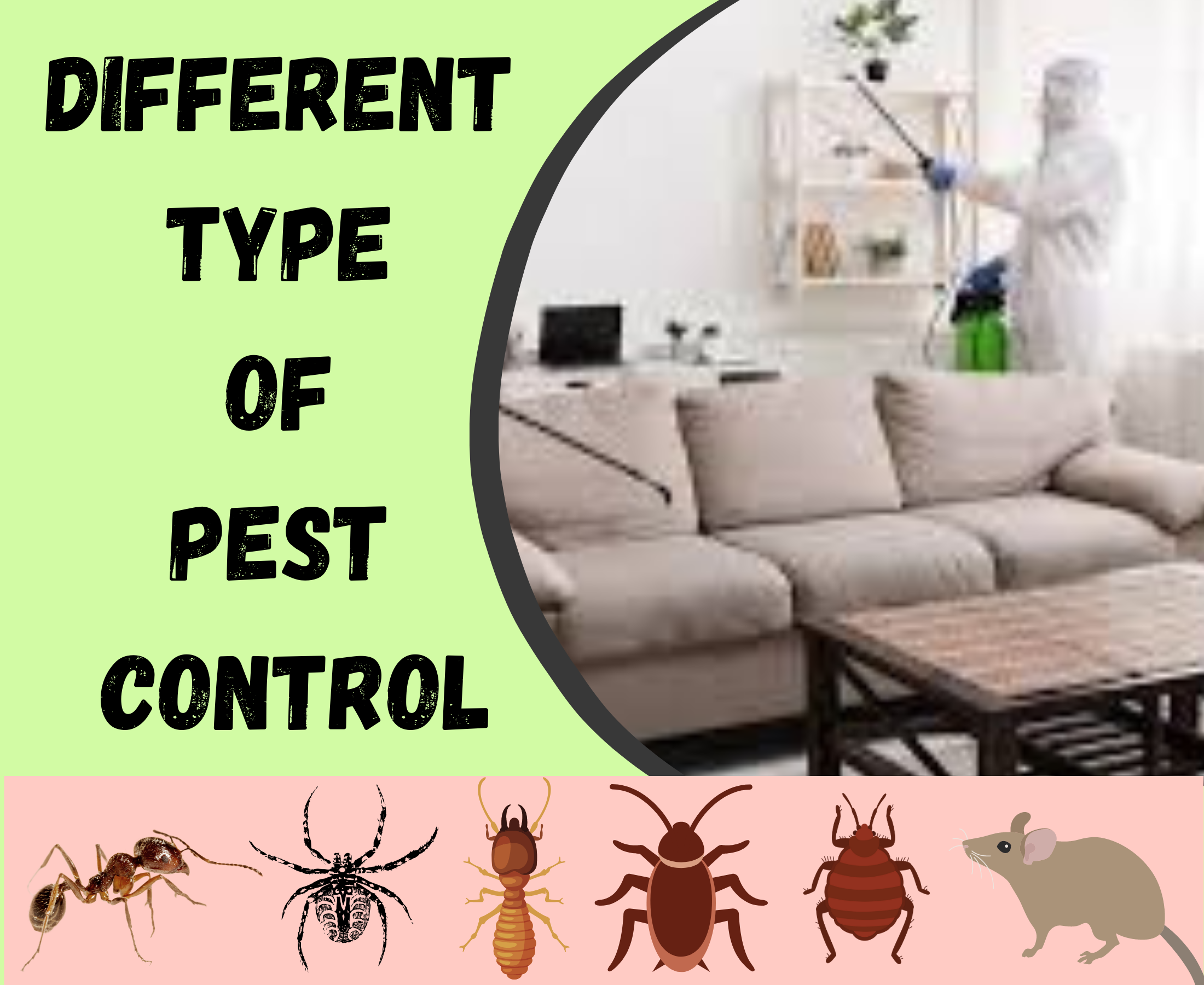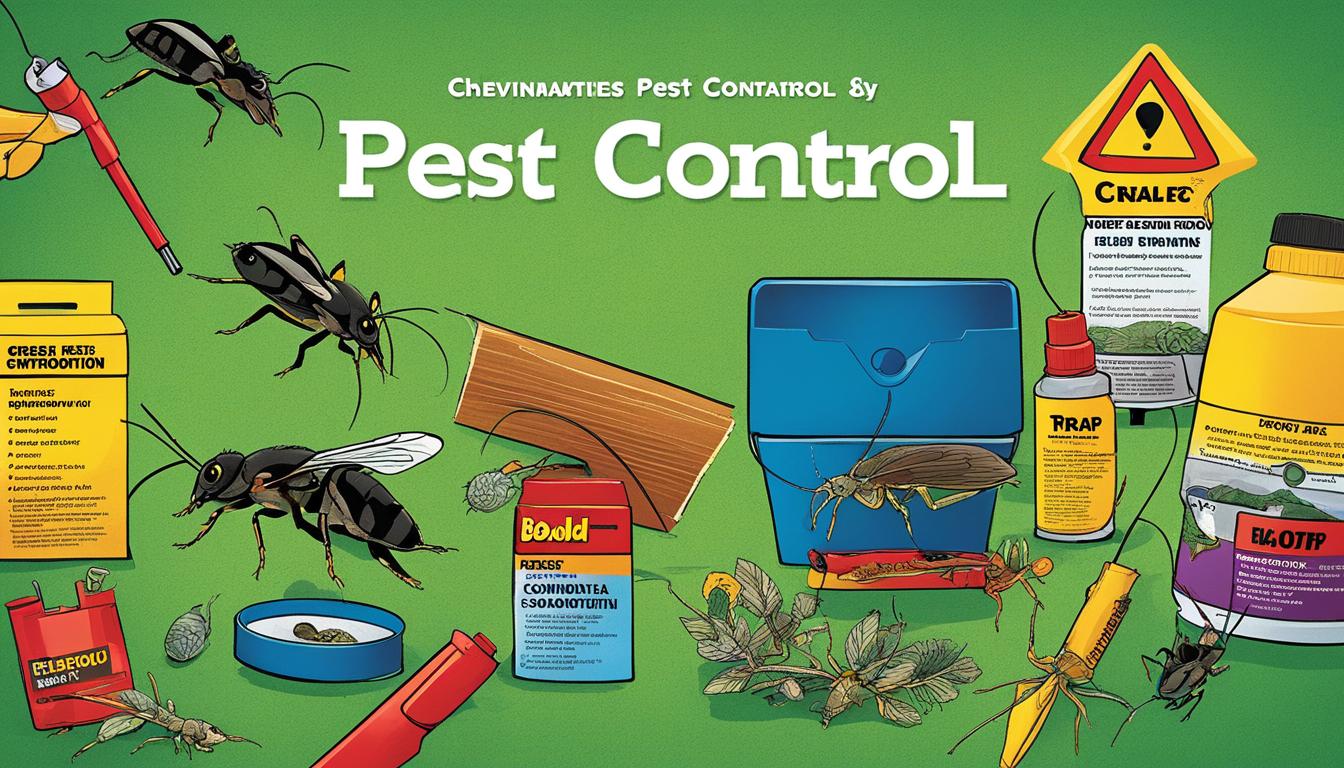The Basic Principles Of Pest Control
The Basic Principles Of Pest Control
Blog Article
Getting The Pest Control To Work
Table of ContentsThe Only Guide for Pest ControlThe 7-Minute Rule for Pest ControlFacts About Pest Control UncoveredWhat Does Pest Control Do?3 Easy Facts About Pest Control Explained
Limitations of Chemical Monitoring Have the ability to assess parasite problems, identify if administration is necessary, and make suitable suggestions using IPM techniques. Recognize with various approaches of parasite monitoring - their benefits and restrictions. Understand the worth of helpful insects. It is not possibleor also desirableto rid yards of all pests.This phase goes over (IPM), a strategy that utilizes expertise about bugs and their, practices, nonchemical techniques, and chemicals to handle parasite problems. Extra details concerning IPM for specific plants is included in chapters that focus on those plants. Nonchemical pest control steps are emphasized in phase 17, "Organic Horticulture." Managing birds and mammals is covered in chapter 20, "Wildlife." Handling in the lawn and yard is covered in phase 6, "Weeds." Parasites in a garden or landscape may include pests and termites, weeds,, animals, and birds.
Pests and weeds, however, play a role in the. After planting a yard or establishing a grass, the natural procedure of plant sequence begins to improve and nonnative plants.
What we call "insects" become part of a natural system at the workplace. An ecosystem has no pests. Only human beings consider certain types bugs when they happen where they are not wanted. We will certainly be much more effective in taking care of undesirable species when we realize that these microorganisms comply with predictable patterns that we can use to our advantage.
Fascination About Pest Control
Bugs susceptible to a chemical were promptly killed, leaving immune ones to reproduce and multiply. It became clear that pesticides alone would not solve all parasite problems.
An IPM plan permits some level of pests in the setting. Insects are a lot less most likely to endure a program that uses several methods of minimizing their populations. Integrated parasite management was initial recommended by entomologists due to the fact that bugs were the initial team of bugs to confirm difficult to take care of with chemicals alone.
A limit is the point at which action need to be taken. IPM has actually expanded beyond bugs to management of all pest populaces: weeds, condition microorganisms, and mammals.
Getting The Pest Control To Work
Administration rather than obliteration of parasites is the objective. An IPM plan starts with a mindful assessment of each pest problem. Only after that can one make a decision concerning the proper methods required to suppress bug tasks. The life process of the insect, feasible damage, natural adversaries, and effects of weather condition, among various other elements, are considered before a control strategy is executed - Pest Control.
Clover growing in a lawn might be deemed an undesirable weed, but as a legume it is synthesizing nitrogen for the dirt and the flowers are giving nectar to honey and other. Tolerance for some weeds may become part of an IPM plan. might be eating the leaves of a plant, however when they are recognized as the larvae of Eastern tiger swallowtail butterflies, their damages may be tolerated so we can take pleasure in the attractive butterfly.

The second essential tool in pest administration is early intervention. Being right here existing and observant in the yard guarantees early detection. Reacting to issues quickly, before they have time to multiply, needs a less dramatic treatment. The third most essential device is recordkeeping; tracking what takes place in the yard enables a gardener to recognize patterns and make notified decisions.
Pest Control Can Be Fun For Anyone
Many secure, functional, nonchemical approaches of plant security and bug administration may reduce or eliminate the demand to spray. Various other methods are most helpful when used with chemicals. To carry out monitoring techniques properly and to minimize losses, garden enthusiasts need to understand the sorts of parasites that attack plants and understand pest biology.

Performing a dirt examination and using just the suggested amount of fertilizer and lime takes full advantage of the benefit to the plant while minimizing problems associated with extreme use plant food - Pest Control. Treatment the dirt with several inches of compost safeguards the plant in numerous methods: minimizing dirt water loss to evaporation, decreasing weed competitors, giving nutrients, and producing an appropriate atmosphere for earthworms and microbes that keep the soil loosened for roots and break down natural material to release nutrients
If mulch touches the trunk, it can produce a method for voles, bacteria, and fungis to attack the plant. Do not use manure or garden compost that has actually not completely broken down as a top dressing due to the fact that it can urge unwanted bugs. Research suggests that tilling the soil is destructive to soil structure.
Getting My Pest Control To Work
If tilling is considered necessary, take into consideration doing it in the autumn when the life go to my site process of several parasites brings them near the surface. At the surface, parasites become revealed to the weather in addition to birds and other natural enemies. Fall tilling can additionally destroy insects in crop deposits. Usage disease-free and insect-free qualified seeds and plants if offered.
Report this page